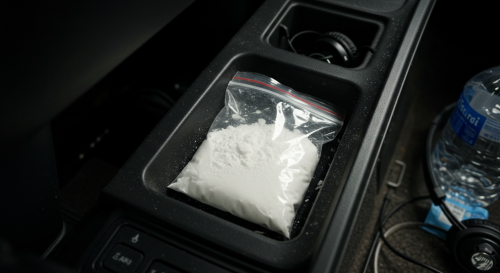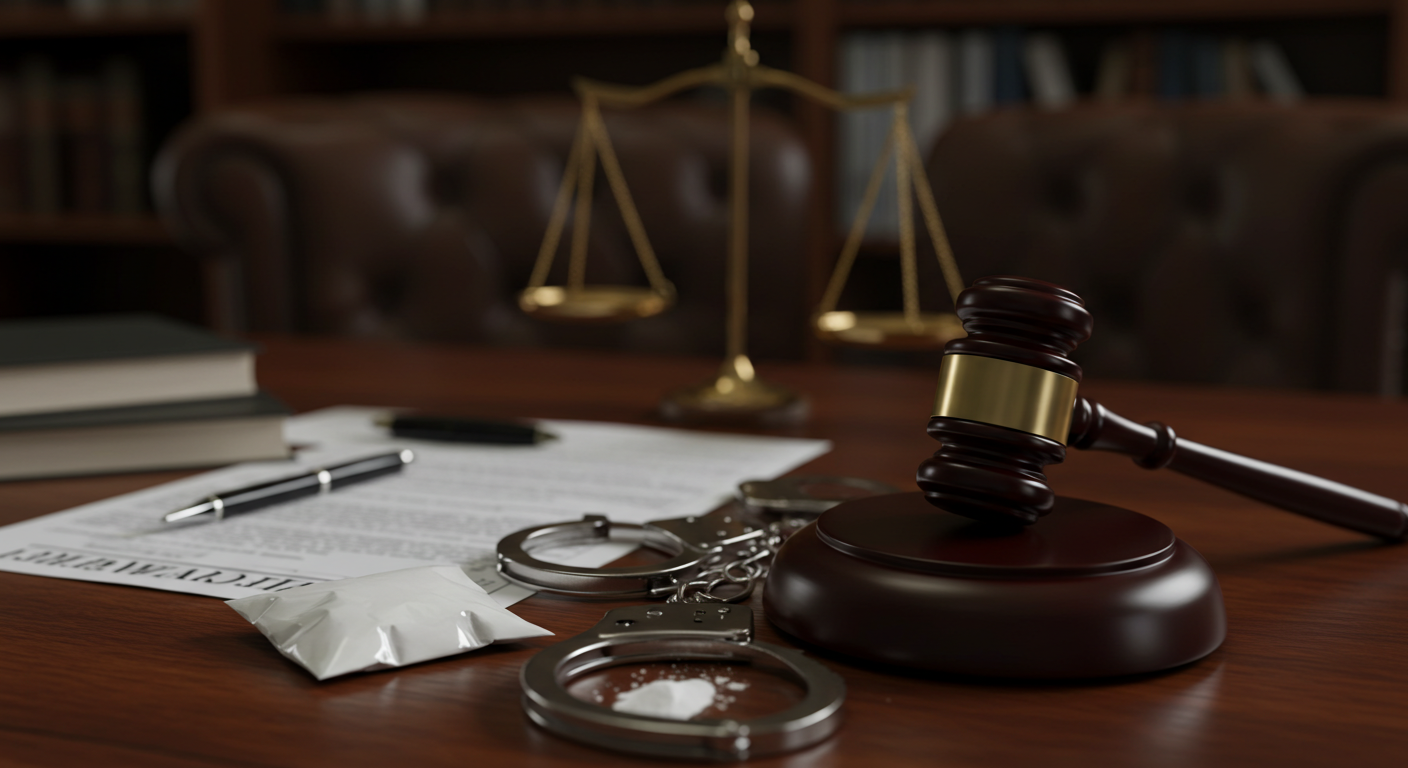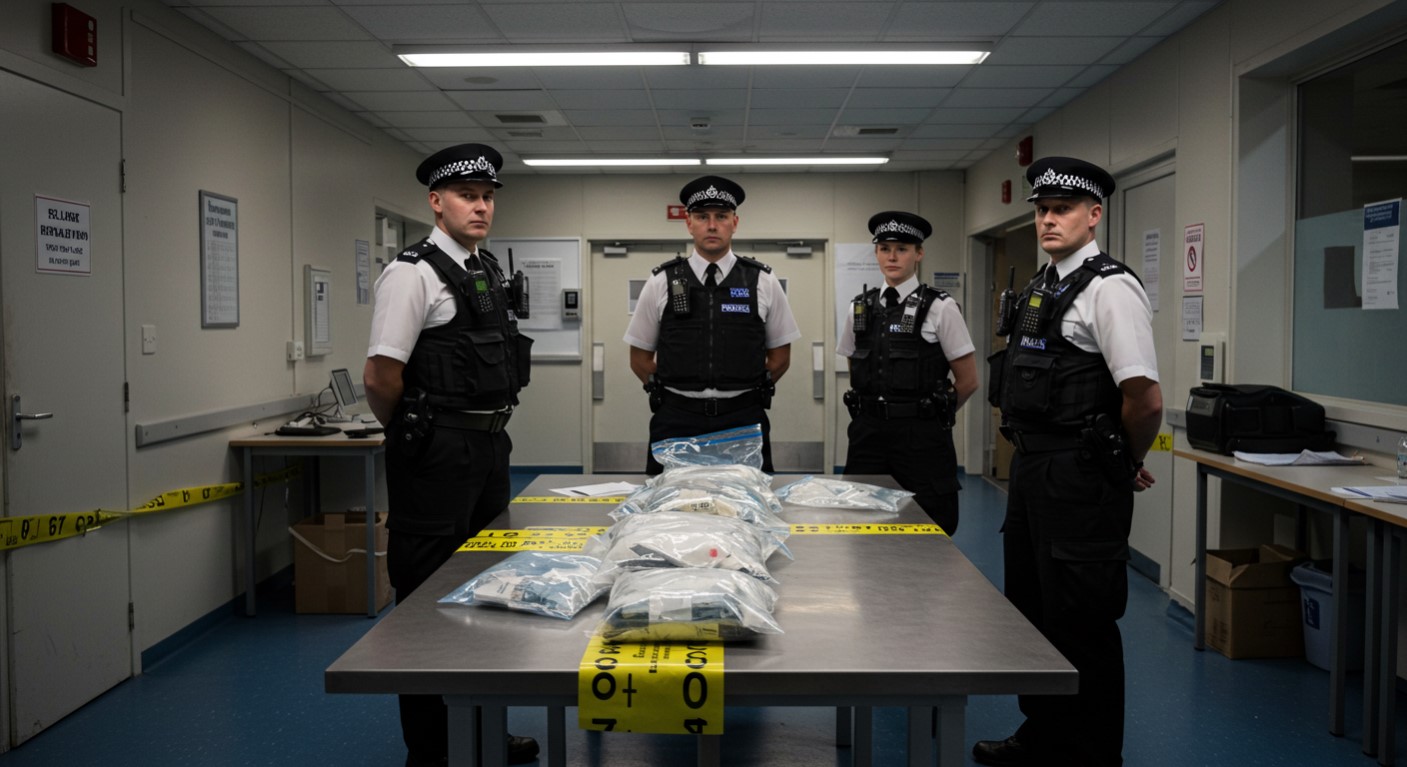Drug Driving Laws in the UK: Understanding Prosecution, Defences, Consequences, and the Role of Makwana Solicitors

Drug Driving Laws in the UK: Understanding Prosecution, Defences, Consequences, and the Role of Makwana Solicitors
In the United Kingdom, the act of driving under the influence of drugs is a serious offence that can lead to severe legal consequences. Whether you were in the front seat of your car or any other position, if you are found to be impaired by drugs while operating a vehicle, you can face prosecution.
In this article, we will delve into the UK’s drug driving laws, the potential defences available to individuals facing such charges, the consequences of a conviction, and the importance of seeking legal representation from Makwana Solicitors.
Drug Driving Laws in the UK

The UK has strict laws in place to combat drug-impaired driving. These laws are designed to ensure the safety of all road users. The key legislation governing drug driving in the UK is the Road Traffic Act 1988, specifically section 4. This act makes it illegal to drive or attempt to drive a motor vehicle while unfit to do so due to drugs.
The term “drugs” in this context refers to both illegal substances, such as cannabis and cocaine, and legal prescription medications. It is important to note that even if a drug has been legally prescribed to you by a healthcare professional, you can still be prosecuted if it impairs your ability to drive safely.
The Law in Practice
To be prosecuted for drug driving, law enforcement officers need to have reasonable suspicion that you are impaired by drugs. This can be established through various means, including roadside drug screening tests and impairment assessments conducted by trained officers.
If you fail a roadside drug screening test or exhibit signs of impairment, you will be taken to a police station for a blood test. This test will determine the presence and levels of specific drugs in your system.
If the results show that you were indeed under the influence of drugs while driving, you may be charged with drug driving.
Defences

While being charged with drug driving is a serious matter, it’s essential to understand that there are potential defences available. Some common defences include:
- Lack of impairment: If you can demonstrate that the drugs found in your system did not impair your ability to drive, you may have a valid defence. For example, if you can prove that you were within the prescribed dosage for a medication and it did not affect your driving, this may be a viable defence.
- Incorrect testing procedure: If you believe that the drug testing procedure was not conducted correctly or that there were errors in the process, you may challenge the validity of the test results.
- Medical emergency: If you had a legitimate medical emergency that required the use of drugs, and driving was the only option to seek immediate medical attention, this may be considered a valid defence.
Defence of Lack of Intention to Drive in Drug Driving Cases
In drug driving cases in the United Kingdom, one crucial defence that individuals may utilise is the assertion that they had no likelihood of driving the vehicle while over the specified limit to drive while impaired by drugs. This defence strategy hinges on demonstrating that, at the time of being in the car, there was no prospect/likelihood of operating the vehicle while under the influence of drugs.
This defence can be particularly effective when supported by credible evidence and expert legal representation.
Understanding the Defence
The defence of lack of prospect to drive centres on the idea that, although an individual may have consumed drugs or had drugs in their system, they did not have any plans or there was no likelihood of driving while impaired. In essence, it argues that the individual’s presence in the car with drugs in their system was incidental and not indicative of a propensity to engage in drug-impaired driving.
Elements of the Defence
-
- Demonstrating lack of prospect/likelihood: To successfully employ this defence, it is crucial to provide evidence that, at the time of being in the car, there was no likelihood or prospect of driving. This can be supported by witness statements, surveillance footage, or any other evidence that establishes the individual’s intent to use the vehicle for a non-driving purpose.
- Circumstances surrounding the situation: The circumstances leading up to the individual’s presence in the car are essential. If, for example, it can be shown that they were waiting for someone, using the vehicle as a temporary shelter, or had a designated driver for their intended journey, it strengthens the argument that they had no intention to drive while impaired.
- Proximity to the ignition: Another critical aspect to consider is the proximity of the individual to the ignition or car controls. Being in the driver’s seat with the engine running would be more challenging to explain, as it lacks the likelihood of driving. However, if they were in the passenger seat or in the backseat without access to the controls, it supports the lack of prospect defence.
- Witness testimony: Eyewitness accounts can be instrumental in establishing the lack of prospect to drive. If there were individuals present who could attest to the individual’s non-driving intent and actions, their testimony can be pivotal in building a robust defence.
- Timing of drug consumption: It’s also essential to establish when the drugs were consumed. If it can be shown that the drugs were ingested or came into the individual’s system after they had parked the vehicle and had no likelihood of driving, it can further bolster the lack of likelihood defence.
Consequences of a Drug Driving Conviction

A conviction for drug driving can have severe and long-lasting consequences, including:
- Criminal record: A drug driving conviction will result in a criminal record, which can impact your employment prospects and travel opportunities.
- Driving ban: In most cases, a drug driving conviction will lead to a minimum one-year driving ban.
- Fine: You may also face a substantial fine upon conviction.
- Increased insurance premiums: Your car insurance premiums are likely to increase significantly, or you may have difficulty obtaining coverage.
- Impact on future travel: Some countries may refuse entry to individuals with drug driving convictions.
Why You Should Contact Makwana Solicitors
If you find yourself facing drug driving charges in the UK, it is crucial to seek legal representation from experienced solicitors who specialise in this area of the law. Makwana Solicitors are well-equipped to provide expert guidance and representation throughout your legal proceedings. Here’s why you should consider contacting them:
- Expertise: Makwana Solicitors have a wealth of experience in handling drug driving cases and are well-versed in the complexities of the law in this area.
- Personalised defence strategy: They will work closely with you to understand your case, identify potential defences, and build a strong legal strategy tailored to your specific circumstances.
- Knowledge of legal procedures: Makwana Solicitors are familiar with the legal procedures involved in drug driving cases, ensuring that your rights are protected throughout the process.
- Maximising your chances: With their expertise, Makwana Solicitors will strive to achieve the best possible outcome for your case, whether that means reducing penalties, securing an acquittal, or exploring alternative sentencing options.
Conclusion: Understanding Drug Driving Laws in the UK

Drug driving is a serious offence in the UK, with the potential for significant legal consequences. It’s essential to be aware of the laws, possible defences, and the potential impact of a conviction. If you find yourself facing drug driving charges, seeking legal representation from experts like Makwana Solicitors can make a substantial difference in the outcome of your case.
Remember, the key to a successful defence is to act promptly and consult with experienced professionals who can guide you through the legal process.
Notice: Informational Content Disclaimer
The content provided on this website, including articles, blog posts, and other informational materials, is intended for general informational purposes only. It is not intended as, and should not be considered, legal advice.
Visitors to this website should be aware that the information presented here is not a substitute for seeking legal advice from a qualified solicitor or legal professional. Each individual's legal situation is unique, and the information provided may not be applicable to specific circumstances.
If you require legal advice or have specific legal questions, we encourage you to contact us directly. Our experienced team of solicitors is here to assist you with your legal needs and provide tailored advice to address your concerns.
Please be advised that any communication through this website, including the use of contact forms or email, does not create a solicitor-client relationship. Confidential or time-sensitive information should not be sent through this website. To establish a solicitor-client relationship and discuss your legal matters in detail, please contact us for a consultation.
We strive to provide accurate and up-to-date information, but we make no representations or warranties regarding the accuracy, completeness, or suitability of the information contained on this website. We shall not be liable for any reliance placed on the information provided herein.
Thank you for visiting our website. We look forward to the opportunity to assist you with your legal needs.




